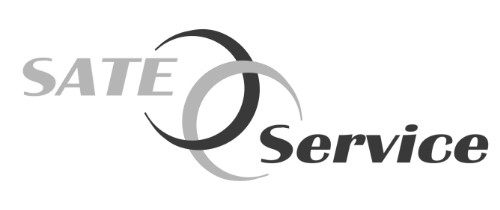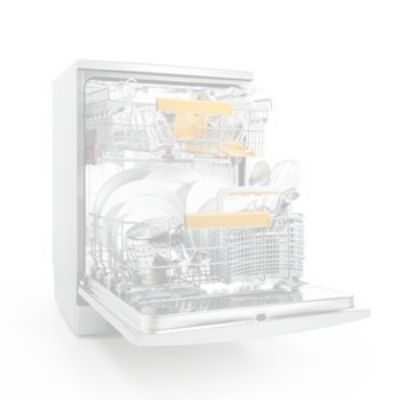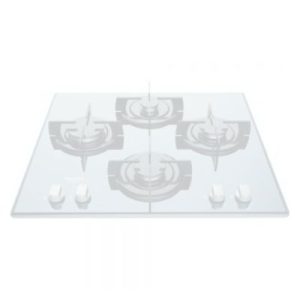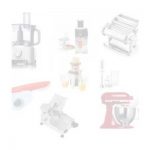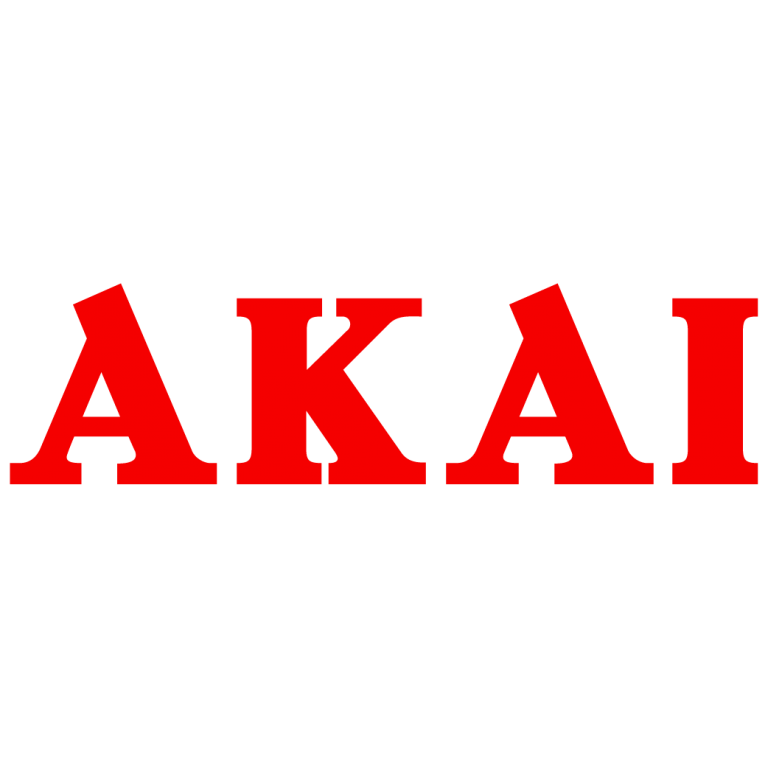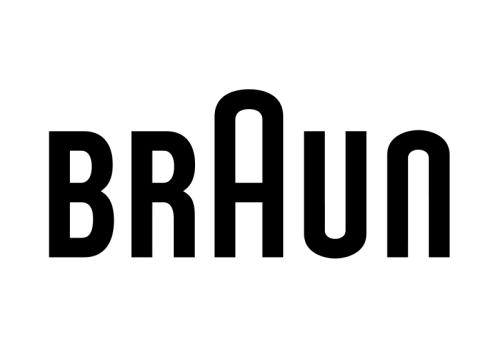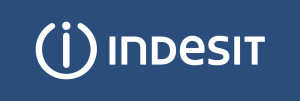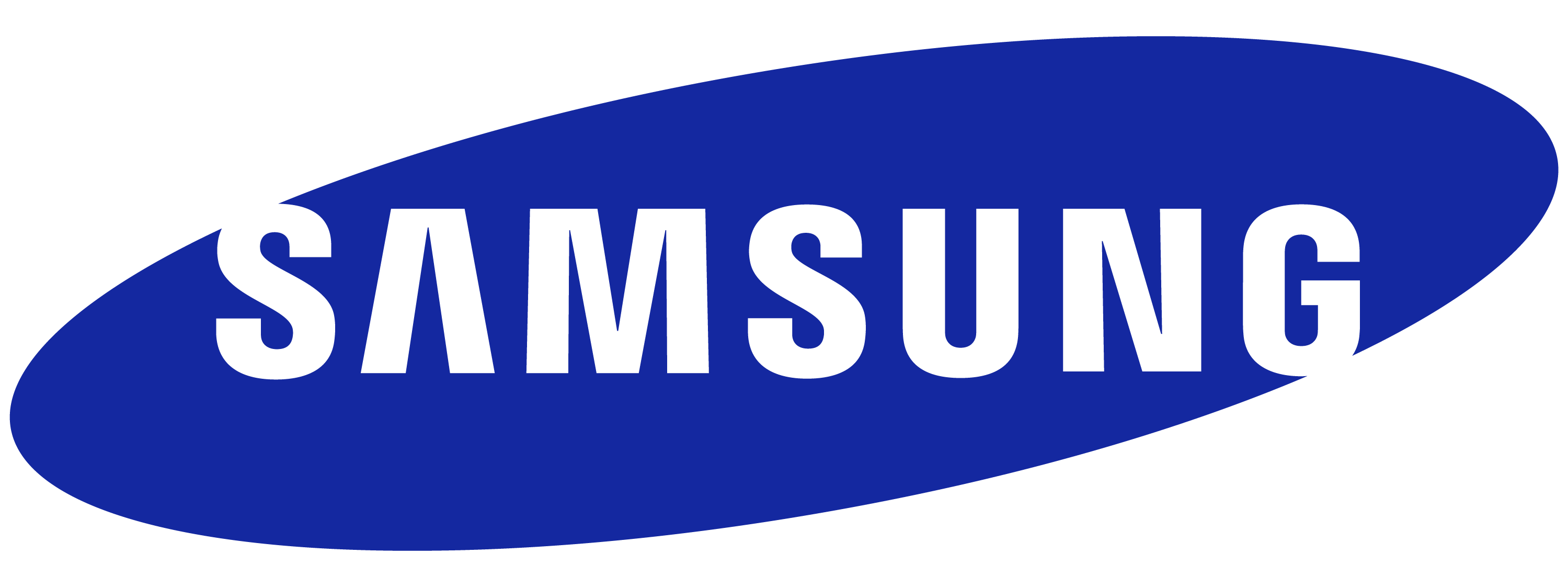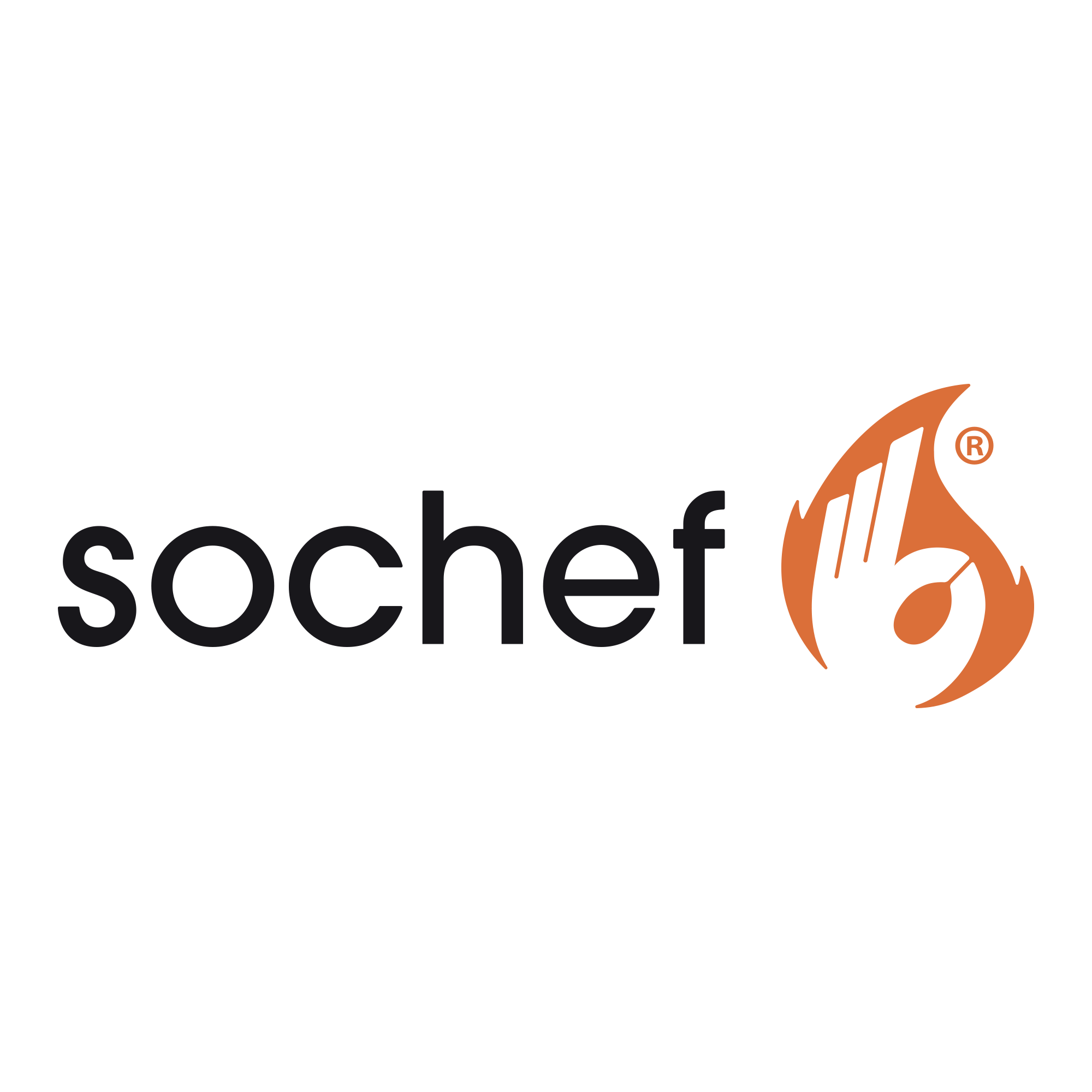Should we treat addiction with psychedelics? Harvard Gazette
In addition to the psychological effects of psilocybin mushrooms, which are often why people use them, they can also produce many unwanted physical effects. The short-term effects of magic mushrooms typically wear off in 6 to 12 hours. But people can experience long-term changes in personality and flashbacks long after taking the drug. The legal status in the United States of psychedelic drugs including psilocybin continues to evolve. Currently, the Drug Enforcement Administration lists psilocybin as a Schedule 1 controlled substance and possessing it is illegal at the Federal level in the United States. A Schedule 1 controlled substance is a drug that has been determined to lack safety even under medical supervision, has no currently accepted medical use, and has a high potential for abuse.
Psychedelic-Assisted Psychotherapy
- Individual counseling or group therapy can help individuals understand their drug use triggers and develop coping skills to help them manage triggers and cravings.
- Tolerance means that a person may need to take higher dosages to achieve the same effect.
- The flashbacks may occur within a few days or more than 1 year after drug use.
- Psilocybin and other psychedelic drugs may help people with depression by encouraging connections between neurons in the brain.
Researchers have investigated whether psychological specialists can use psilocybin and similar hallucinogens to treat depression. Psychological distress is a potential adverse event after recreational use of psilocybin. Although current research does not consider psilocybin addictive, users may experience disturbing hallucinations, anxiety, and panic after taking the drug. Psilocybin is a Schedule I substance, meaning that the Drug Enforcement Administration (DEA) believes it has a high potential for abuse and serves no legitimate medical purpose.
Although bitter, they can be eaten alone, mixed with food, or made into a tea. Generally, the nonmedical use of psilocybin refers to mushrooms containing psilocybin; synthetic production of psilocybin is complicated and expensive. Psilocybin can cause symptoms such as dilated pupils, increased heart rate, nausea, vomiting, and muscle maverick house sober living weakness.
The emergency and harbor house sober living referral resources listed above are available to individuals located in the United States and are not operated by the National Institute on Drug Abuse (NIDA). NIDA is a biomedical research organization and does not provide personalized medical advice, treatment, counseling, or legal consultation. Information provided by NIDA is not a substitute for professional medical care or legal consultation.
Could psilocybin be used as medicine?
One study found that people who self-medicated with small dosages of psilocybin were able to relieve cluster headaches while avoiding any psychoactive effects of the drug. In 2018, researchers from Johns Hopkins University recommended reclassification of psilocybin from Schedule I to Schedule IV in order to allow for medical use. Magic mushrooms have been used for thousands of years for both spiritual and medicinal uses among indigenous people of America and Europe. Liquid psilocybin is also available, which is the naturally occurring psychedelic drug found in liberty caps.
Is psilocybin effective?
If the user what does getting roofied mean has a mental health condition or feels anxious about using the hallucinogen, they face a higher risk of having a bad experience. They include altered perception of time and space and intense changes in mood and feeling. This article explains how psilocybin works, including the potential effects and risks. There is no data on the safety of taking psilocybin during pregnancy, for either a mother or a developing baby.
About Medical News Today
Accounts like Guckel’s and the idea that psychedelics might prompt a neurochemical reset in the brain have many looking to the approach as a promising treatment for addiction disorders. Around 17 percent of Americans have met criteria for a substance use disorder in the past year, said Stephanie Tabashneck, the event’s moderator. Psilocybin mushroom abuse is a growing concern, particularly among younger populations. Although psilocybin mushrooms are not as common as other illicit drugs, use among younger people is an increasing concern.
“We had a small number of people, just seven participants in the whole study, but an enormous amount of data on each one,” Siegel says to Science News’ Laura Sanders. The average half-life of psilocybin ranges from one to two hours and it generally takes five to six half-lives for a substance to be eliminated from your system. The psilocybin found in shrooms is converted to psilocin in the body and is believed to influence serotonin in the brain, leading to altered and unusual perceptions. A “bad trip” can include feelings of despair, confusion, paranoia, anxiety, and panic. Most accidental mushroom ingestion results in minor gastrointestinal illness, with only the most severe instances requiring medical attention. Finally, though the risk is small, some psilocybin users risk accidental poisoning from eating a poisonous mushroom by mistake.
